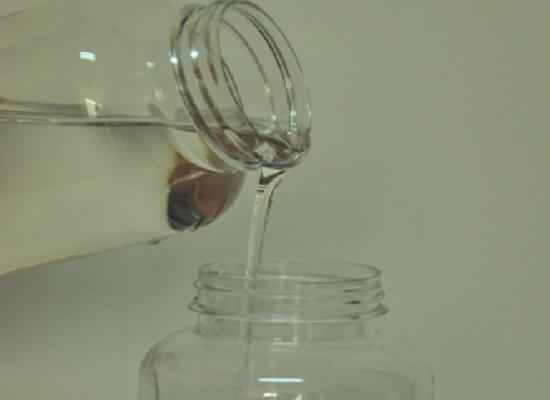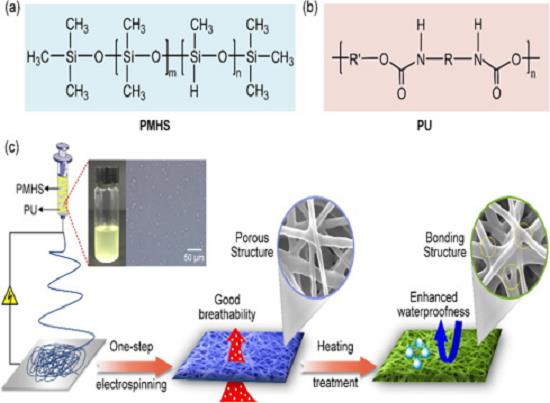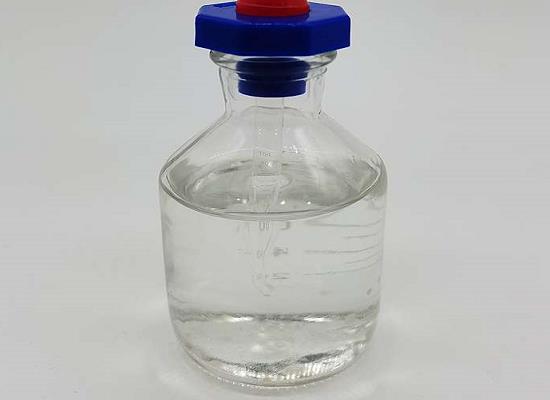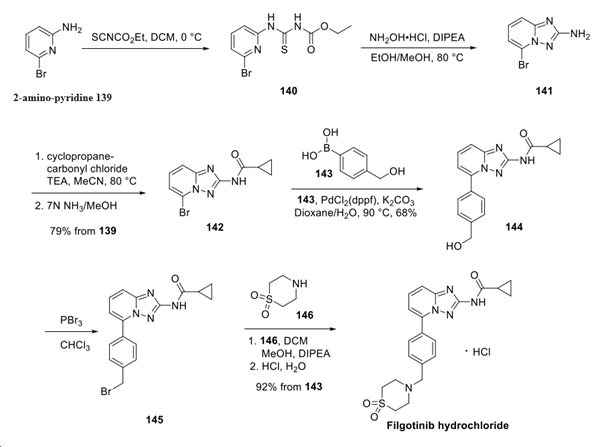Poly(methylhydrosiloxane): A Versatile Silicone Oil with Applications in Chemical Synthesis
General Description
Poly(methylhydrosiloxane) is a silicone oil with various applications in biology and chemistry. It has a low melting point and a boiling point of 142°C. It is soluble in many solvents but insoluble in water. Poly(methylhydrosiloxane) can form a waterproof film on surfaces and is used in waterproofing coatings for textiles and paper. It also acts as a reducing agent in organic synthesis reactions and provides protective coatings in biomedical and electronic applications. Additionally, it acts as a hydride donor, facilitating the formation of metal hydride complexes. It is also an efficient and recyclable organocatalyst for Diels-Alder cycloaddition reactions. Overall, Poly(methylhydrosiloxane) has versatile utility in various industrial and research settings.
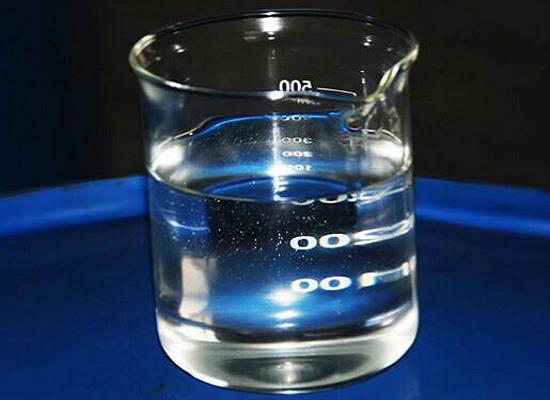
Figure 1. Poly(methylhydrosiloxane)
Characteristics and Versatile Properties
Poly(methylhydrosiloxane) is a type of silicone oil with various applications in the fields of biology and chemistry. Poly(methylhydrosiloxane) has a melting point of below -60°C and a boiling point of 142°C (lit.), with a density of 1.006 g/mL at 25°C (lit.). Its refractive index is n20/D 1.382 (lit.) and it has a flashpoint of 204°C. Poly(methylhydrosiloxane) is soluble in most ethereal, chlorinated Chemicalbook, or hydrocarbon solvents, as well as EtOH, i-PrOH, warm DMF, and warm NMP. However, it is insoluble in MeOH, DMSO, acetonitrile, and water due to its non-miscibility or difficulty in mixing with water. The pH value of Poly(methylhydrosiloxane) in water is 7. Poly(methylhydrosiloxane) can be cross-linked into a film at low temperatures under the catalysis of metal salts, forming a waterproof film on various surfaces. This property makes it useful in waterproofing coatings for textiles and paper products. Additionally, Poly(methylhydrosiloxane) can be used as a reducing agent in organic synthesis reactions, and as a protective coating in biomedical and electronic applications due to its biocompatibility and electrical insulation properties. 1
Versatile Role in Chemical Synthesis
Hydride donor
Poly(methylhydrosiloxane) is a silicone-based polymer with a wide range of applications due to its unique properties. One of the key applications of Poly(methylhydrosiloxane) is its use as a hydride donor in various chemical reactions. In the context of the provided text, PMHS reacts with (1,3-bis[2,6-bis[di(4-tert-butylphenyl)methyl]-4-methylphenyl]imidazol-2-ylidene)CuOPh [(IPr**)CuOPh] to yield the monomeric (IPr**)CuH complex. This complex has been spectroscopically characterized and is found to be in equilibrium in solution with [(IPr**)CuH]2, with the dimer exclusively present in the solid state. These results indicate that copper hydride aggregates dissociate in solution, demonstrating the role of PMHS in facilitating this dissociation process. Furthermore, Poly(methylhydrosiloxane) is also involved in the formation of the monomeric (IPr**)AgH complex when added to [(IPr**)AgOPh] at -40 °C. This complex has been crystallographically characterized, highlighting the unique reactivity of PMHS as a hydride donor in the formation of metal hydride complexes. Overall, the ability of Poly(methylhydrosiloxane) to act as a hydride donor in the formation of monomeric metal hydride complexes, as observed in the provided text, showcases its significance in synthetic chemistry and catalysis. Additionally, Poly(methylhydrosiloxane) finds applications in hydrosilylation reactions, as a reducing agent, and as a crosslinking agent in silicone elastomers, underscoring its versatile utility in various industrial and research settings. 2
Catalyst
Poly(methylhydrosiloxane) is a polymer that has been found to be a highly efficient and recyclable organocatalyst for stereoselective Diels-Alder cycloaddition reactions. The Poly(methylhydrosiloxane)-supported chiral imidazolinones have been shown to be versatile and effective catalysts, promoting the reaction of dienes with α,β-unsaturated aldehydes even in pure water. The use of supported organic catalysts has numerous advantages over traditional homogeneous catalysts, including easy separation and recovery, improved catalytic efficiency, and reduced waste. In this case, the Poly(methylhydrosiloxane) support allows for the easy recovery and reuse of the catalyst, with no loss of enantioselectivity for at least five reaction cycles. The Diels-Alder reaction is an important tool in organic synthesis, used to construct six-membered rings with high stereoselectivity. The use of chiral imidazolinones as catalysts has been shown to provide high enantioselectivity in this reaction, and the Poly(methylhydrosiloxane) support further improves the efficiency and recyclability of these catalysts. Overall, the use of Poly(methylhydrosiloxane)-supported chiral imidazolinones as organocatalysts for Diels-Alder cycloaddition reactions provides a highly efficient, versatile, and recyclable system for the synthesis of complex organic molecules with high enantioselectivity. 3
Reference
1. 1,1,1,3,5,5,5-Heptamethyl trisiloxane. National Center for Biotechnology Information, 2023, PubChem Compound Summary for CID 74640.
2. Romero EA, Olsen PM, Jazzar R, Soleilhavoup M, Gembicky M, Bertrand G. Spectroscopic Evidence for a Monomeric Copper(I) Hydride and Crystallographic Characterization of a Monomeric Silver(I) Hydride. Angew Chem Int Ed Engl. 2017 Mar 27;56(14):4024-4027.
3. Guizzetti S, Benaglia M, Siegel JS. Poly(methylhydrosiloxane)-supported chiral imidazolinones: new versatile, highly efficient and recyclable organocatalysts for stereoselective Diels-Alder cycloaddition reactions. Chem Commun (Camb). 2012 Mar 28;48(26):3188-3190.
);You may like
Related articles And Qustion
See also
Lastest Price from Poly(methylhydrosiloxane) manufacturers

US $0.01-1.00/KG2024-05-13
- CAS:
- 63148-57-2
- Min. Order:
- 1KG
- Purity:
- 99%
- Supply Ability:
- 50 tons
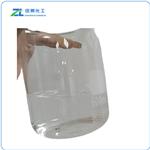
US $100.00/kg2024-04-28
- CAS:
- 63148-57-2
- Min. Order:
- 1kg
- Purity:
- 99
- Supply Ability:
- 5000

